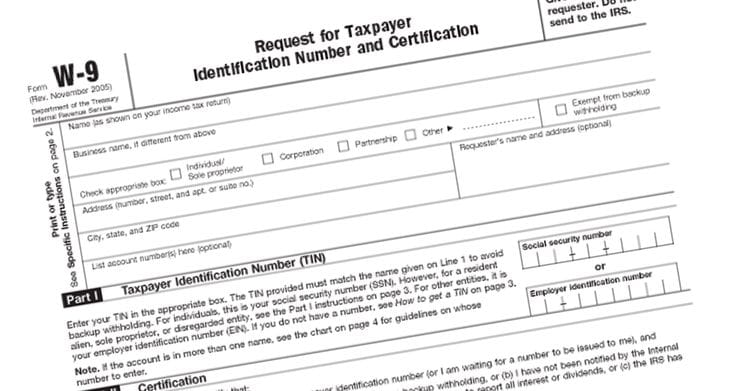Abuja is more than just Nigeria’s capital; it’s a thriving hub of opportunity, governance, and commerce. With its planned infrastructure, diverse population, and growing economy, the Federal Capital Territory (FCT) is a prime location for aspiring entrepreneurs. But turning a great idea into a successful business requires a clear plan and a solid understanding of the local landscape.
This comprehensive, step-by-step guide will walk you through everything you need to know to start your business in Abuja, from the initial idea to your very first customer.


Step 1: Develop and Validate Your Business Idea
Every successful business starts with an idea that solves a problem or meets a need.
Market Research: Is there a genuine demand for your product or service in Abuja? Talk to potential customers. Analyse your potential competitors. Are there gaps in the market you can fill? For example, is there a need for more reliable home delivery services in a specific estate or a co-working space in a developing area like Kubwa?
Identify Your Niche: Don’t try to be everything to everyone. A restaurant that specializes in “authentic Tiv cuisine” is more memorable than one that just serves “food.” A marketing agency that focuses on “helping Abuja’s fashion boutiques” has a clearer target than a generic agency.
Step 2: Create a Solid Business Plan
A business plan is your roadmap. It forces you to think through every aspect of your venture. It should include your mission, vision, target market, marketing and sales strategy, and financial projections. This document is essential if you plan to seek funding from investors or banks.
Step 3: Secure Your Funding
Determine how much capital you need to start and operate for the first 6-12 months. Common funding sources in Nigeria include:
Personal Savings: The most common and straightforward source.
Friends and Family: Loans or investments from your personal network.
Bank Loans: Commercial banks and microfinance banks offer business loans, though they require a strong business plan and often collateral.
Government Grants & Loans: Look into programs from the Bank of Industry (BOI), the Nigerian Export-Import Bank (NEXIM), and other government initiatives.
Step 4: Choose Your Business Structure & Register with the CAC
This is a critical legal step. You must register your business with the Corporate Affairs Commission (CAC). The process is now almost entirely online via the CAC Company Registration Portal.
Sole Proprietorship: Simplest structure, registered as a “Business Name.” You and the business are legally the same. It’s easy and cheap to set up.
Private Limited Company (LTD): A more formal structure that makes your business a separate legal entity. This protects your personal assets and is often required for larger contracts or investments.
Step 5: Register for Taxes

Once your business is registered with the CAC, you must register with the Federal Inland Revenue Service (FIRS) to obtain a Tax Identification Number (TIN). Your TIN is essential for opening a corporate bank account and for all tax-related matters.
Step 6: Find the Perfect Business Location in Abuja
Your location can make or break your business. Abuja’s districts each have a unique character:
Wuse 2 & Maitama: High-end, commercial hubs. Ideal for luxury retail, fine dining, corporate offices, and businesses targeting a high-income clientele.
Garki: A major commercial district, home to the popular Garki Market. Great for retail, wholesale, and services catering to a broad audience.
Jabi: Known for Jabi Lake Mall and recreational spots. Excellent for retail, entertainment, and hospitality businesses.
Central Business District (CBD): The heart of corporate and government activity. Perfect for professional services, banks, and high-end hotels.
Kubwa, Lugbe, & other satellite towns: Rapidly growing residential areas with emerging commercial opportunities and lower rent. Ideal for businesses serving local communities.
Step 7: Obtain Necessary Permits and Licenses
Depending on your industry, you may need additional permits beyond your CAC registration. For example, a restaurant needs health and safety permits from the local Area Council, while a cosmetics business needs approval from NAFDAC. Research the specific requirements for your industry.
Step 8: Build Your Online Presence

In today’s market, your online presence is your most important storefront. Before you even open your doors, you need to be visible online.
Get a Professional Website: Your website is your digital headquarters. It’s where customers can find your location, view your products or services, and contact you.
Set Up Your Social Media: Create professional profiles on the platforms where your Abuja customers spend their time (like Instagram, Facebook, and Twitter).
Get Listed! The first and most important step to being found in the city is to list your business on BusinessinAbuja.com.ng. A detailed profile here ensures that customers searching for your services can find you immediately. [Link to your ‘Add Your Business’ page here]
Step 9: Hire Your Team
If your business requires staff, start the recruitment process. Abuja has a large pool of talented and educated individuals. Clearly define the roles you need to fill and the culture you want to build.
Step 10: Market Your Business & Find Your First Customers
Now it’s time to announce your arrival. Use a mix of digital and traditional marketing strategies:
Digital Marketing: Use social media marketing and targeted Meta (Facebook & Instagram) Ads to reach specific demographics within Abuja.
Local SEO: Ensure your business is optimized to appear in local search results.
Networking: Attend local business events and join associations in Abuja to build connections.
Launch Event: Host a grand opening or launch event to create a buzz.
Conclusion: Your Journey Starts Now
Starting a business in Abuja is a challenging but incredibly rewarding journey. By following these steps, you can navigate the process methodically, avoid common pitfalls, and lay a strong foundation for a thriving enterprise.
The opportunities in the FCT are immense. With the right preparation and a clear strategy, your business can become a success story. Welcome to the Abuja business community!

